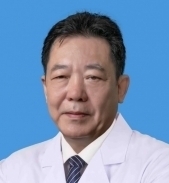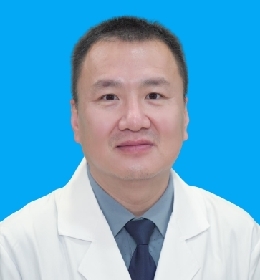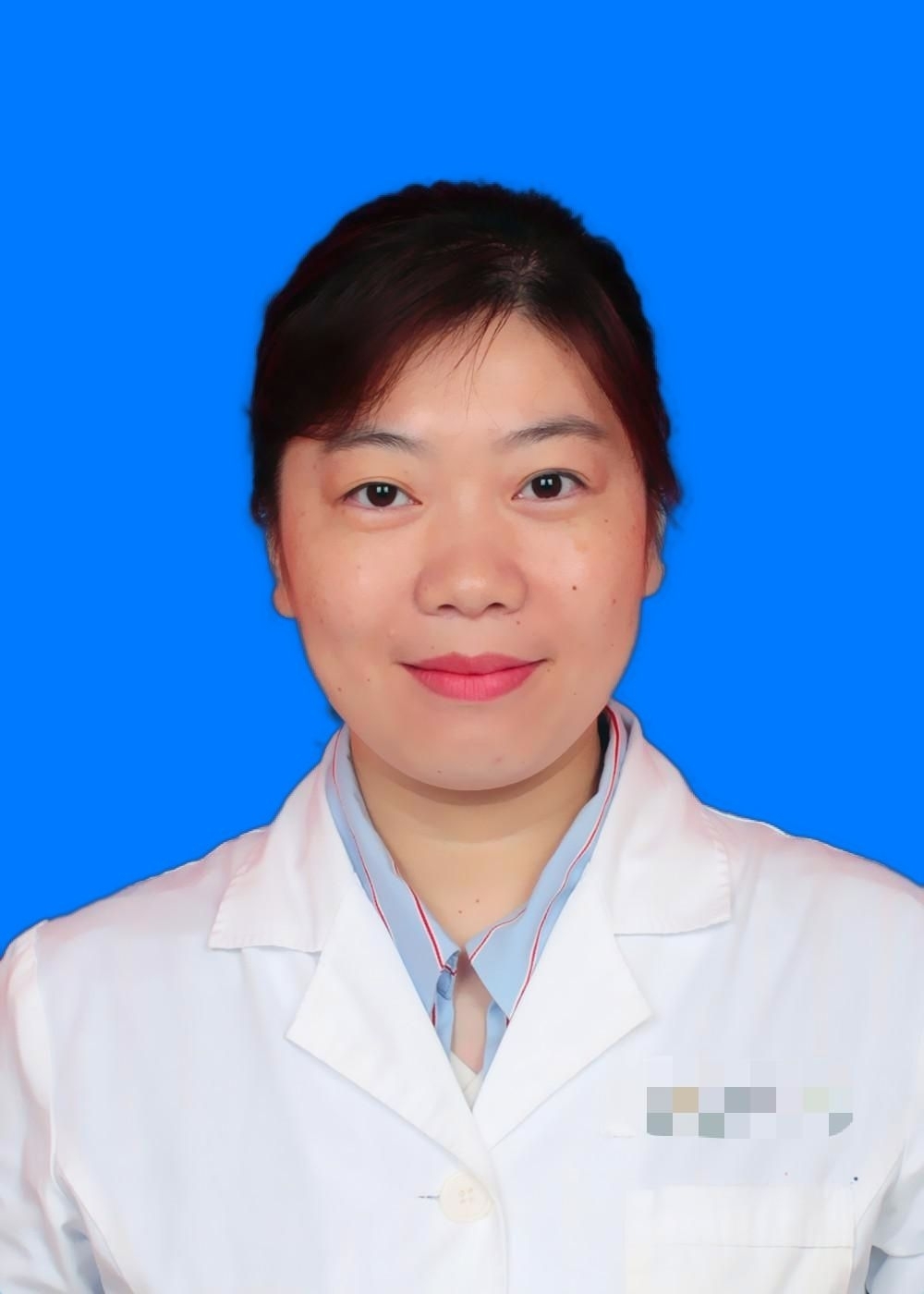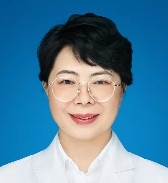The Multidisciplinary Centre for Geriatric Medicine is staffed by medical and preventive health specialists from the Central and provincial health authorities and leads the formation of a personalized MDT (Multidisciplinary Team) team.
Unique-Featured Treatment
With a focus on cardiovascular and cerebrovascular diseases, respiratory diseases, geriatric diseases, metabolic syndrome, and tumor diseases, through the joint diagnosis and treatment mode of multidisciplinary authoritative expert teams, comprehensive assessment of the elderly, cardiac rehabilitation, pulmonary rehabilitation, and precision treatment of cancer are carried out to achieve preventive health care, medical treatment, traditional Chinese medicine health, emotional and psychological management, pain management, rehabilitation training and nutrition allocation as a one part high quality medical services.
Alzheimers Disease (AD) Diagnosis and Treatment Center Outpatient Clinic Introduction
The outpatient clinic of the Alzheimer’s Disease (AD) Diagnosis and Treatment Center integrates professional resources from multiple fields to provide patients with comprehensive, precise, and personalized diagnosis and treatment services, demonstrating significant advantages.
I. Implementation of Joint Diagnosis and Treatment by a Multidisciplinary Expert Team
(i) Complementary Expertise and Comprehensive Assessment: The center gathers experts from multiple disciplines such as neurology, psychiatry and psychology, geriatric medicine, rehabilitation medicine, and clinical nutrition. These multidisciplinary experts collaborate to conduct a comprehensive assessment of the patients physical, cognitive, and psychological conditions, ensuring the accuracy and comprehensiveness of the diagnosis.
(ii) Personalized Treatment Plan: Based on the comprehensive assessment of multiple disciplines, the expert team tailors a personalized treatment plan for each patient. The plan covers multiple dimensions including drug therapy, psychological intervention, rehabilitation training, and nutritional support, fully considering individual differences such as age, underlying diseases, and severity of the condition, to achieve the best therapeutic effect.
II. Establishment of One-Stop Convenient Service
(i) Simplified Medical Process: Patients at the AD Multidisciplinary Diagnosis and Treatment Center outpatient clinic do not need to shuttle between multiple departments for registration and waiting. They can complete all examinations and expert consultations in the same area. The center optimizes the medical process, integrating registration, examination, diagnosis, and treatment, greatly saving patients’ time and energy, reducing the trouble of running around, and improving the medical experience.
(ii) Efficient Communication and Collaboration: Multidisciplinary experts closely collaborate on the same platform, avoiding deviations and delays in information transmission. For difficult cases, experts can communicate and discuss in time, quickly adjust the treatment plan, and ensure that patients receive timely and effective treatment.
III. Advanced Diagnostic and Treatment Technologies and Equipment in the Outpatient Clinic
(i) Precise Diagnostic Technology: The center is equipped with advanced diagnostic equipment such as high-resolution magnetic resonance imaging (MRI) and positron emission tomography (PET), which can clearly observe the changes in brain structure and function, providing strong evidence for early diagnosis. At the same time, advanced neuropsychological assessment tools are introduced to comprehensively and accurately evaluate the patients cognitive function, assisting in precise diagnosis and disease monitoring.
(ii) Frontier Treatment Methods: Keeping pace with the international frontier of AD diagnosis and treatment, the center actively carries out the application of new drugs and frontier treatment technologies, such as lecanemab, providing patients with more treatment options and hopefully improving the prognosis of the disease.
IV. Follow-up and Continuous Tracking Services
(i) Dynamic Disease Monitoring: A long-term health file is established for patients, with regular follow-ups and continuous monitoring of disease changes. Through regular re-examination and communication, the treatment plan is adjusted in time to ensure the effectiveness and safety of the treatment.
(ii) Providing Full-process Support: Not only focusing on the treatment of the disease, but also providing all-round support for patients and their families. This includes popular science of disease knowledge, nursing guidance, psychological counseling, etc., to help families take better care of patients and improve the quality of life and family coping ability of patients.








